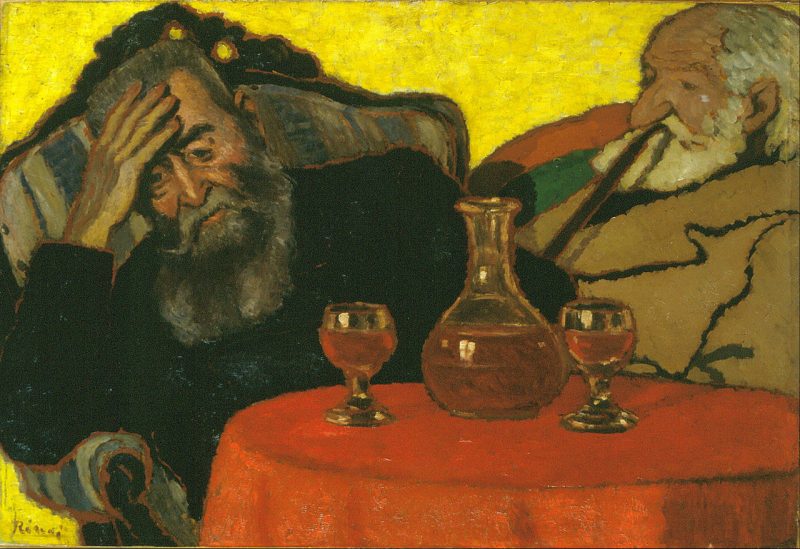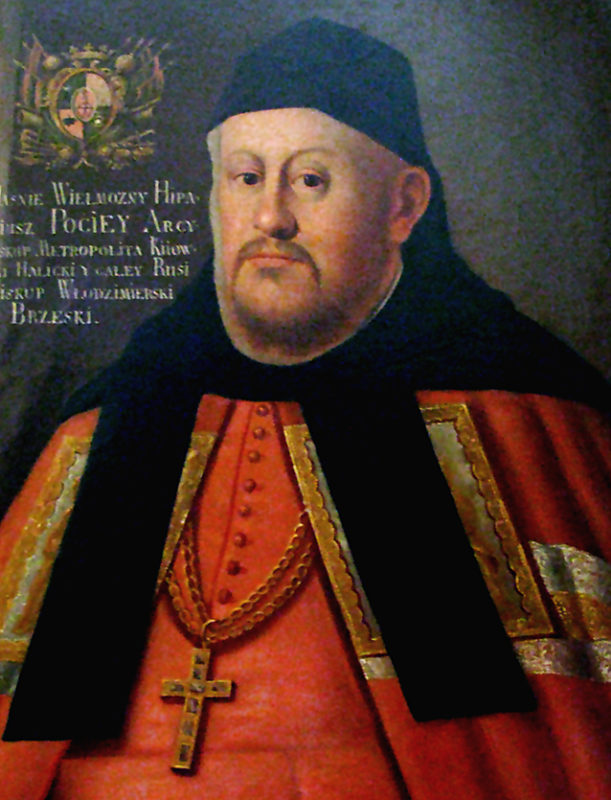The media have noted that the mood of Transcarpathian Hungarians has become increasingly anti-Ukrainian in recent months, and their desire to join their historical homeland has become more and more explicit
The beginning of the Russian special operation in Ukraine caught Hungary in the final stage of the parliamentary election race. The ruling Fidesz party, led by Viktor Orban, was opposed by a motley coalition ranging from liberals to social democrats, represented by candidate Peter Marky-Zai.
The coalition was more strongly oriented toward all-European and generally Western values than the conservative-national Fidesz party. And while the first instantly declared its condemnation, rejection of the Russian special operation, and support and solidarity with Ukraine, Orban, though condemning the special operation, did it very carefully, while trying not to promise anything to anyone.
“This morning Russia attacked Ukraine with military force. Together with our EU and NATO allies, we condemn Russia’s military action,” Orban said.
He later clarified the position of the government he led on the events in Ukraine.
“Hungary is on the side of peace. It is in our interest not to enter into the conflict, but for the parties to agree and have peace as soon as possible, and we should not be drawn into this conflict,” Orban said.
Orban began to shape his foreign policy accordingly. On the one hand Hungary announced a large program of support for Ukrainian refugees and various humanitarian programs for Ukraine, but on the other hand it was almost the only country in Europe that flatly refused to supply Kiev with weapons and use Hungarian territory for the transit of military cargoes to Ukraine.
Since the beginning of March, Budapest has taken the same stance with regard to the sanctions that have poured out of the horn of plenty on Russia. On the one hand Orban said that “we will not impose a veto, we will not prevent the EU from imposing sanctions,” but only if they do not concern issues of Russian energy supplies, on which the Hungarian economy is slightly less than absolutely dependent. About 85% of the gas consumed in the country and 60% of the oil is supplied from Russia.
Orban has so far managed to hold this line. For example, Hungary, like all EU countries, has closed its airspace to Russian aircraft since the start of the Russian special operation, but Budapest was able to obtain special permission for Russian special flights that delivered nuclear fuel for the Hungarian nuclear power plant.
All this, of course, was not particularly pleasing to Kiev. At the end of March, Ukrainian President Vladimir Zelenskiy published an appeal to the Hungarian prime minister.
“Listen, Viktor, do you know what’s going on in Mariupol? Are you hesitating whether to impose sanctions or not? Do you doubt whether or not to let weapons through? Doubting whether or not to trade with Russia? There is no time for doubts. It‘s time to decide,” Zelenskiy said in it.
“The Ukrainian point of view is perfectly understandable: they are asking for NATO to intervene, to start an air war, to supply weapons. However, we are not Ukrainians, not Russians – we are Hungarians… To the question: ‘Whose side is Hungary on?’ the answer is: ‘Hungary is on the side of Hungary,’” Orban replied.
It is understandable that after such statements Kiev expressed support for the opposition alliance led by Marky-Zaj. However, Hungarian citizens were sympathetic to Orban’s position. In the parliamentary elections held in early April, more than 60% of voters supported the Fidesz party.
The consent of Budapest to pay for gas supplies in rubles, which Hungary gave as one of the first, did not cause admiration in Kiev either. The Ukrainian Foreign Ministry called this step on the part of Budapest an “unfriendly act” that “destroys EU unity“. But it stopped there, when it realized that Germany, Italy and a number of other European countries had joined this “non-unity“.
The situation changed dramatically when the EU began discussing the sixth package of sanctions against Russia, which for the first time was supposed to impose restrictions on Russian energy supplies. Orban called the proposed EU sanctions a “nuclear bomb” that would destroy the Hungarian economy. Budapest categorically refused to support the sixth package as long as it contains restrictions on supplies of energy resources that Hungary needs from Russia. All attempts to coordinate and change the wording and timing of the sanctions have not led to any changes in the position of the Hungarian government.
Instead, it led to another hysterical outburst from Kiev, which at the time believed that the formula for winning the military conflict with Russia was a constant increase in Western sanctions and Western arms supplies. In the opinion of the Kiev authorities, it appeared that Orban was stealing from them a guaranteed victory over the hated Moscow.
It got to the point where Kiev officials began directly threatening to cut off the Druzhba pipeline, which carries Russian oil to Hungary, if Budapest did not change its attitude toward the sixth package of European sanctions.
“Ukraine has a great lever in its hands – it’s the Druzhba pipeline… It would be very appropriate if something happened to it. But again, it is in the hands of the government and the president to decide the political issues, whether we really want to talk to Orban in the language he understands,” Elena Zerkal’, advisor to the head of the Ukrainian Energy Ministry, said in late May.
It was then that the Hungarians lost their nerve. At the beginning of June the speaker of the Hungarian parliament Laszlo Köver said in an interview to the Hungarian TV channel that Zelenskiy’s statements looked very strange. He also said that he could not recall a time when a leader of a country, when he had asked for help, “allowed such a tone against anyone, including Hungary and Germany.” The one who asks for help, Köver noted, is usually characterized by a polite tone.
“So there is some personal mental problem here with Zelenskiy, and I don’t know what can be done about it,” the speaker of the Hungarian parliament added.
The Ukrainian Foreign Ministry replied that it was waiting for “the release of Laszlo Köver’s certificate on the state of his mental health.” In addition, “Hungarian politicians persist in mud slinging against Ukraine,” while Budapest “historically has been oriented to the evil side more than once,” the Ukrainian Foreign Ministry added.
In response, Hungarian Foreign Minister Péter Szijjártó reminded Ukraine that “tens of thousands of people in Hungary have been working to help Ukraine and the Ukrainian people in recent months“. At the same time “Ukrainian politicians constantly speak about Hungary in an unacceptable tone, provoke us, lie and try to smear us.“
“Laszlo Köver is absolutely right, even if Ukrainians are outraged by this,” Szijjártó concluded.
Some calming of relations between Kiev and Budapest came in the most recent period. Hungary did not veto the decision to accept Ukraine as a candidate for EU membership, which was most feared in Kiev. In response to this move, Ukrainian President Zelenskiy called Viktor Orban to express his gratitude. The conversation took place. The parties even discussed further cooperation in the energy sphere. However, how long will this warming last?
No contradictions between Budapest and Kiev have been resolved. The question of the Hungarian minority in Transcarpathia is still in suspense. The media have noted that the mood of Transcarpathian Hungarians has become increasingly anti-Ukrainian in recent months, and their desire to join their historical homeland has become more and more explicit.
The formula of defeating Russia for the Kiev authorities “sanctions and arms supplies” has never changed, and this, in turn, will sooner or later lead to the question of a gas embargo against Russia, which is absolutely unacceptable for Budapest.
In addition, Hungary has recently begun to play a prominent role as a transport corridor for the export of grain from Ukraine by rail. This, together with the fact that Budapest is virtually the only real gas supplier to Ukraine apart from Russia, gives additional weight to the Hungarian position. All the evidence suggests that a new, even more tense conflict in relations between Hungary and Ukraine may flash up at any moment.
Source: Rossa Primavera News Agency




